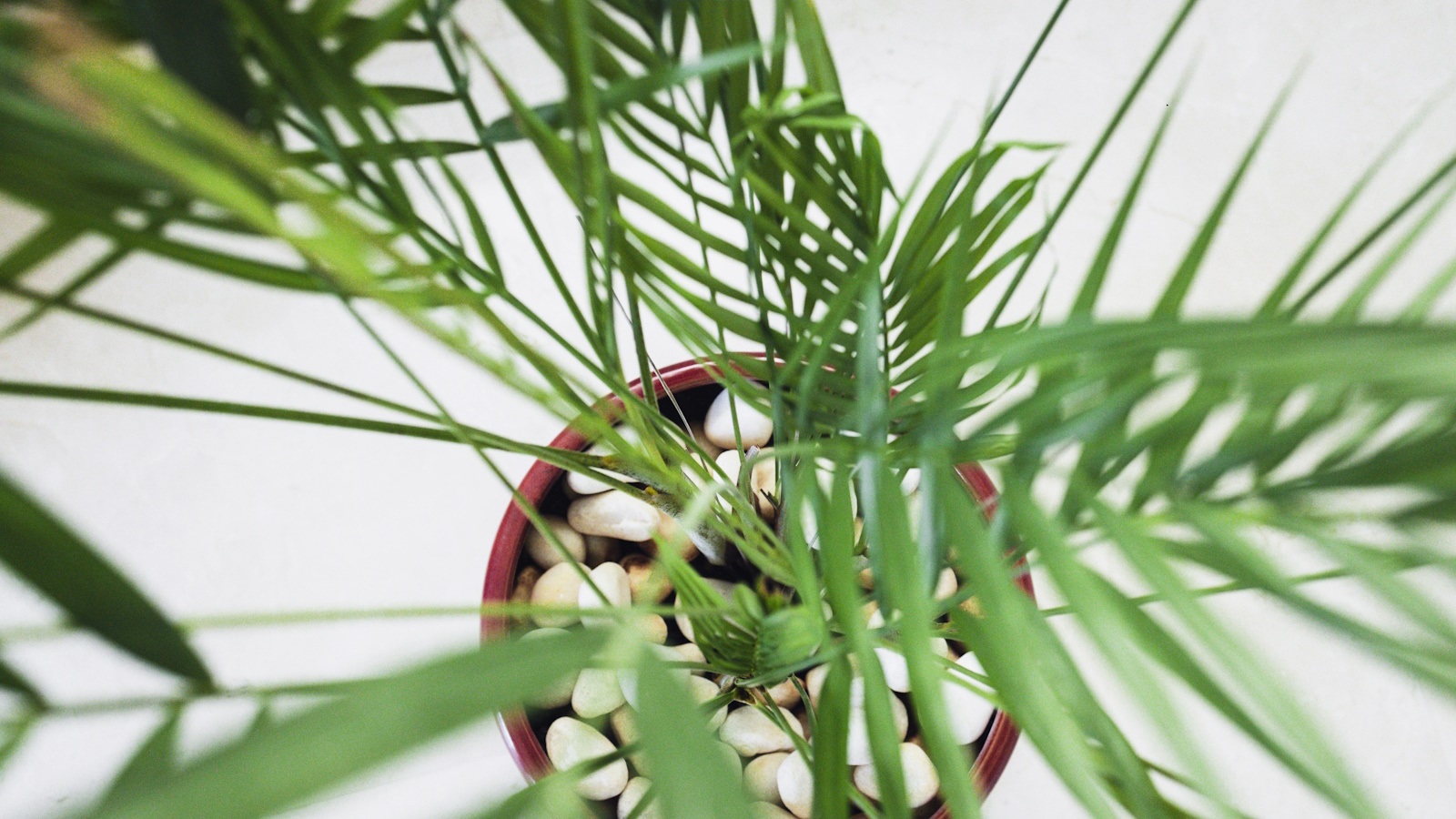
Bamboo palm is a graceful and attractive plant that can add a touch of tropical elegance to any indoor space. The bamboo palm, or Chamaedorea seifrizii, resembles bamboo, but is not a member of the same genus.
Bamboo palm has long, slender stems and delicate, feathery fronds that have a distinctive herringbone pattern. Native to Mexico and Central America, it's one of the best tropical indoor plants. Bamboo palm is easy to grow and care for, as long as you provide it with the right conditions and attention.
Given ideal growing conditions, bamboo palms can grow into luscious, tall plants - they can grow to over 6ft tall - that will elevate your home and indoor plant collection.
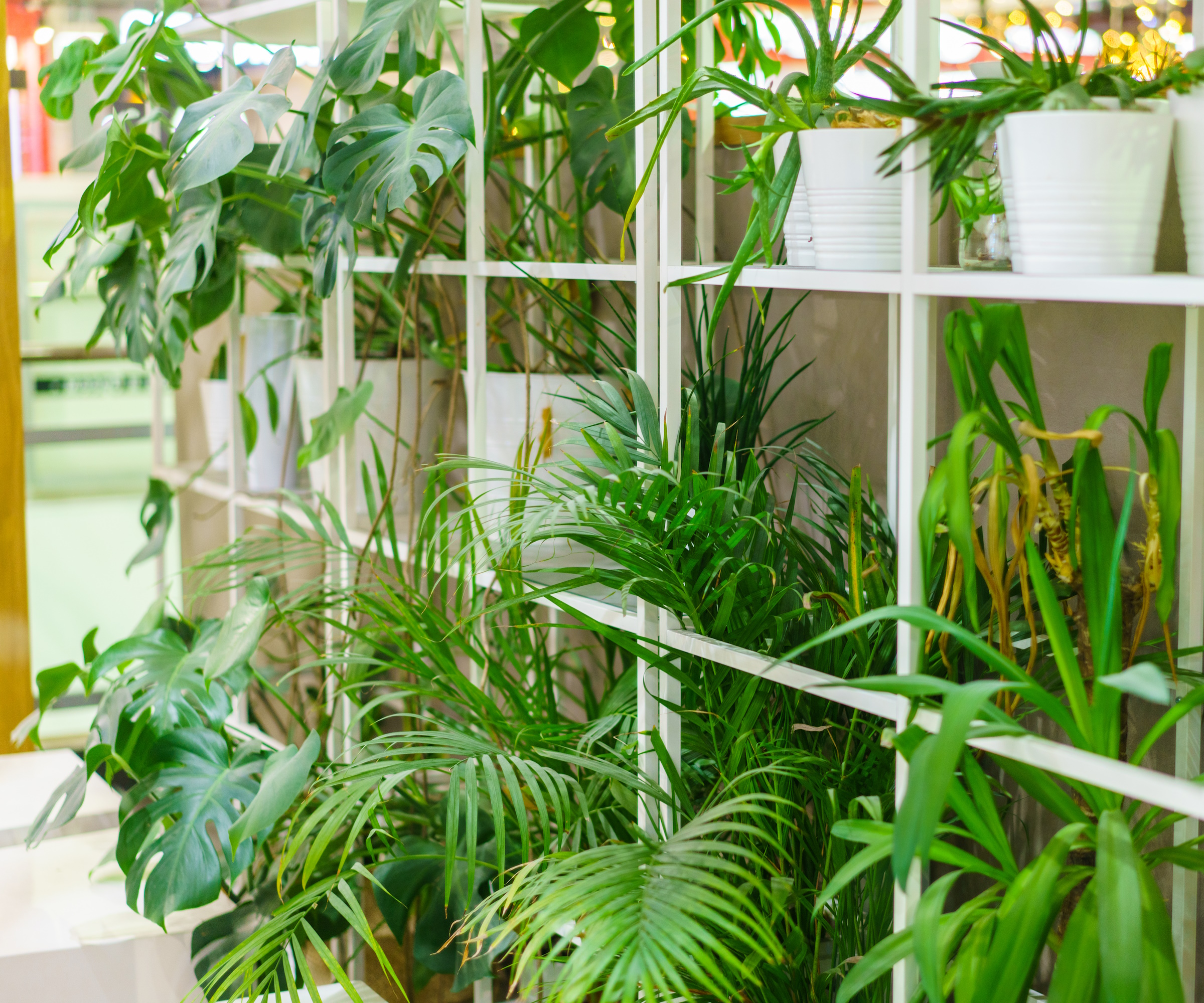
5 steps to caring for Bamboo palm
Below our experts have shared their pro advice on how to care for your bamboo palm.
1. Choose the right location
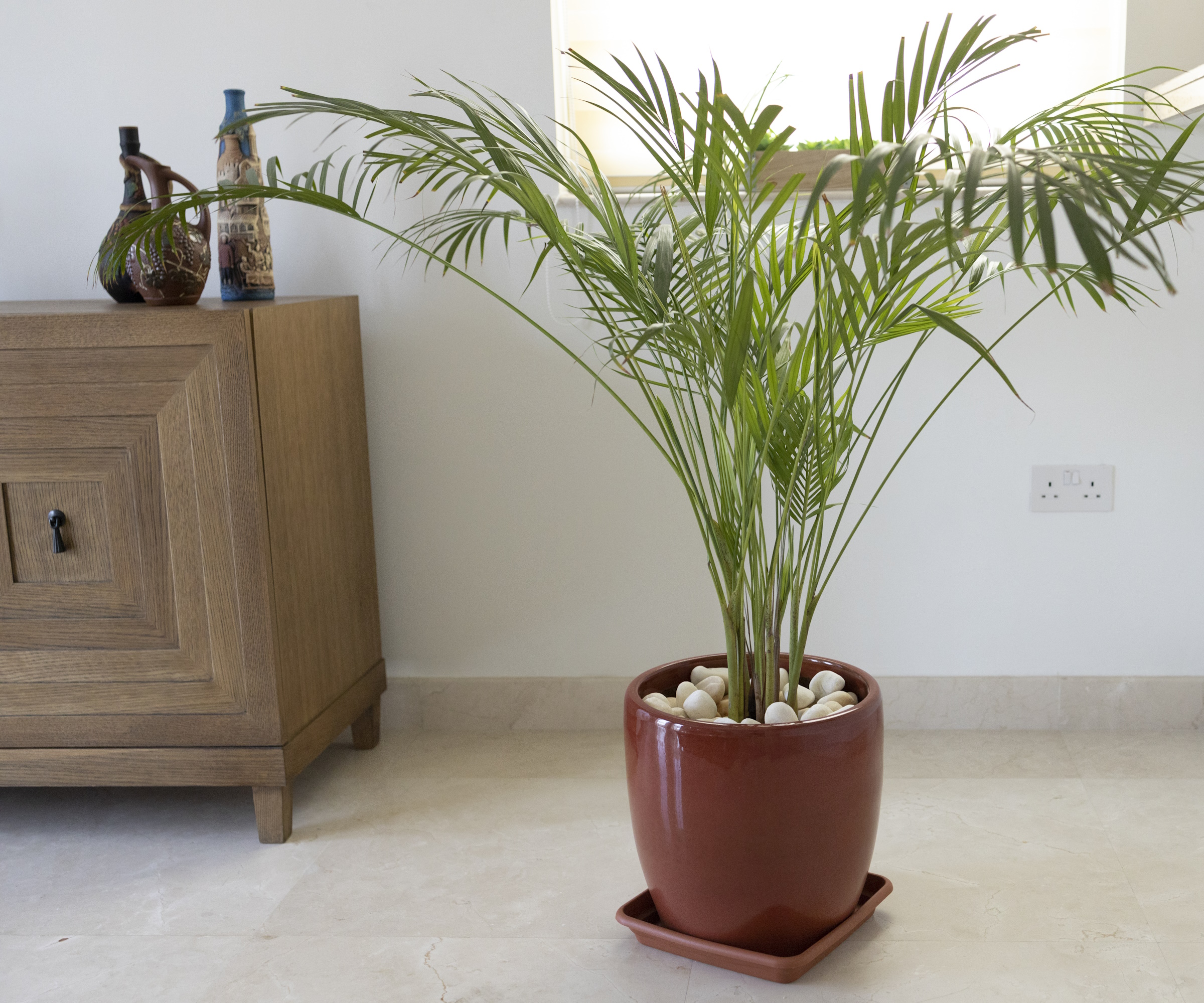
Bamboo palm prefers a bright, indirect light source, as it would receive in its natural habitat under the forest canopy. Avoid direct sunlight, as it can scorch the leaves and cause them to lose their color.
A bamboo palm can also spread to between 3 and 6 feet, so make sure you give your indoor palm enough room to grow.
Houseplant expert Vladan Nikolic suggests a good spot for a bamboo palm is 'near a window that receives morning or evening sun, or under a shaded patio or pergola'. Bamboo palm can also tolerate low light, but it may grow slower and produce fewer fronds.
2. Provide adequate moisture
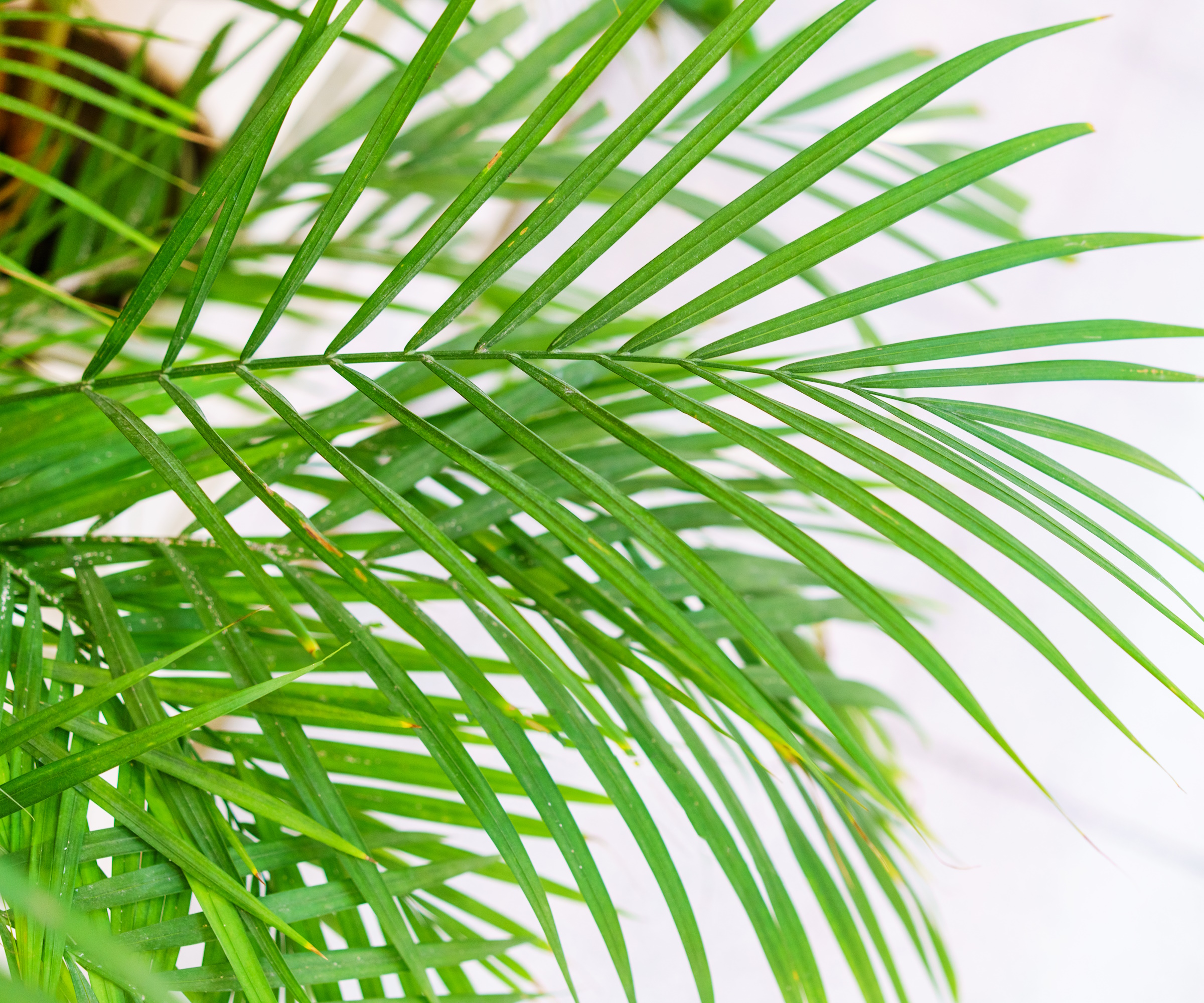
Bamboo palm likes to be kept moist, but not soggy. Water it regularly, but make sure the soil drains well and does not become waterlogged. You can check the soil moisture by inserting your finger into the pot or with a soil moisture sensor meter from Amazon.
If the top inch feels dry, it is time to water. If the soil feels wet, wait until it dries slightly before watering again. You can also mist the leaves occasionally to increase the humidity and prevent them from drying out.
3. Fertilize moderately
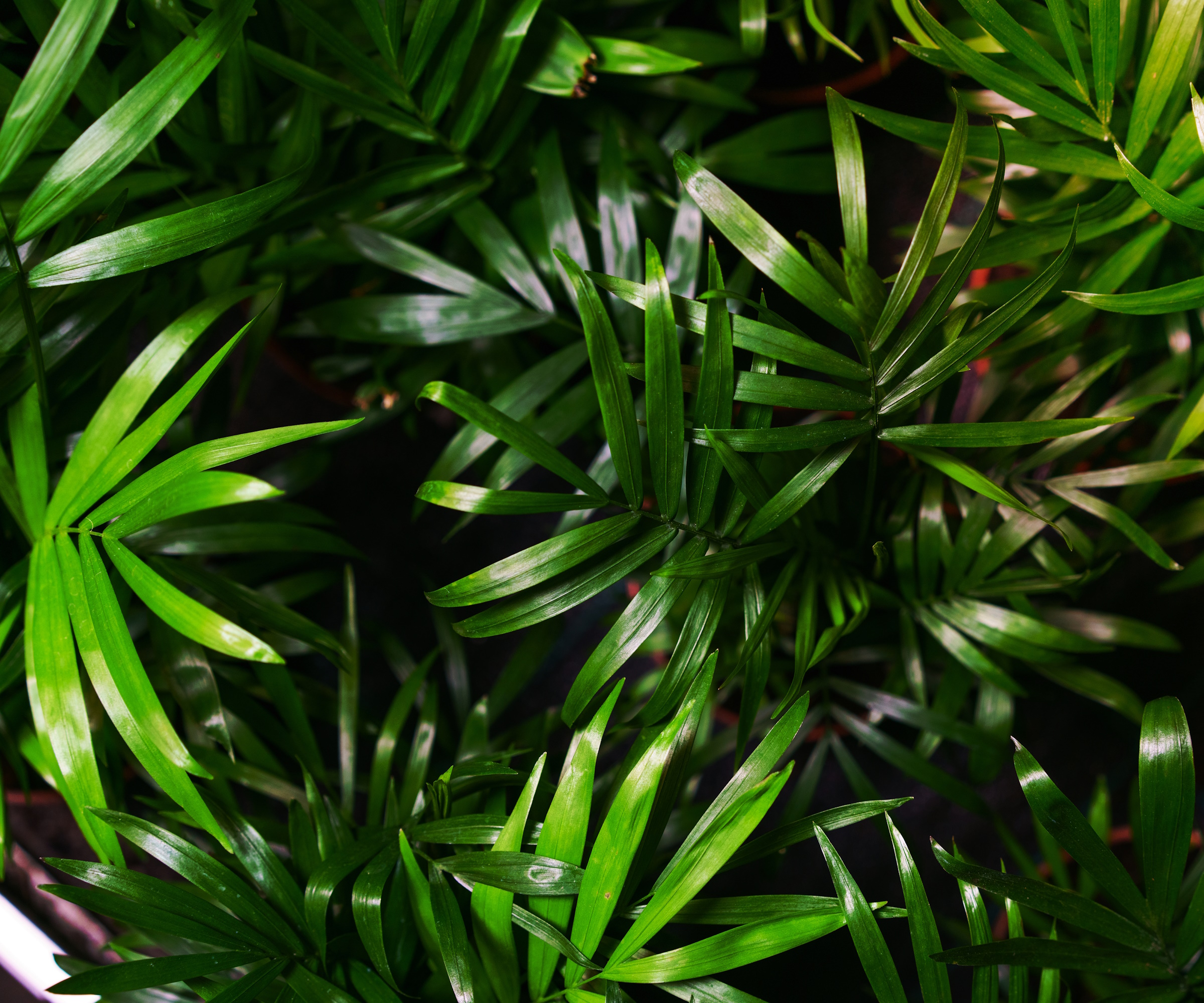
‘Bamboo palm does not need a lot of fertilizer, but it can benefit from a balanced liquid fertilizer every four to six weeks during the growing season,' says Tony O'Neill from Simplify Gardening.
Use a diluted liquid fertilizer solution, such as this one from Amazon, following the instructions on the label, and apply it to the soil around the base of the plant. Avoid fertilizing in the winter, when the plant is dormant as this can interrupt the plants growth cycle and ultimately cause it more harm than good.
4. Prune and divide as needed
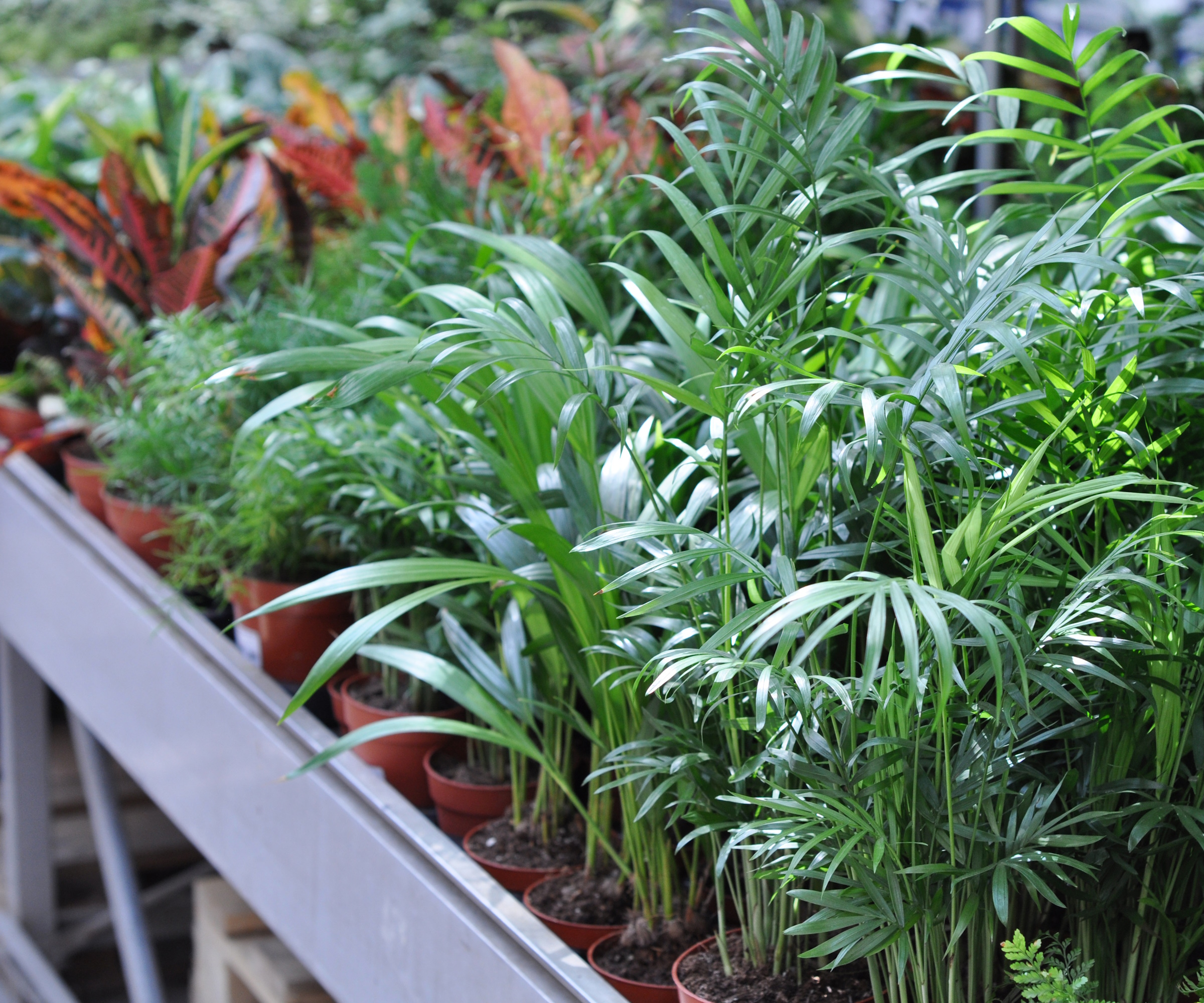
According to Lindsey Hyland, the founder of Urban Organic Yield, bamboo palm does not require much pruning, but you can remove any dead or damaged fronds as necessary to keep the plant looking neat and healthy.
You can also divide the plant every few years to prevent it from becoming overcrowded and to propagate new plants.
To divide Bamboo palm, gently lift the plant out of the pot and separate the root ball into smaller sections, each with several stems and fronds. Replant the sections in fresh, moist soil potting soil, such as Roots Organics potting soil from Grow Organic, and water well.
5. Protect from pests and diseases
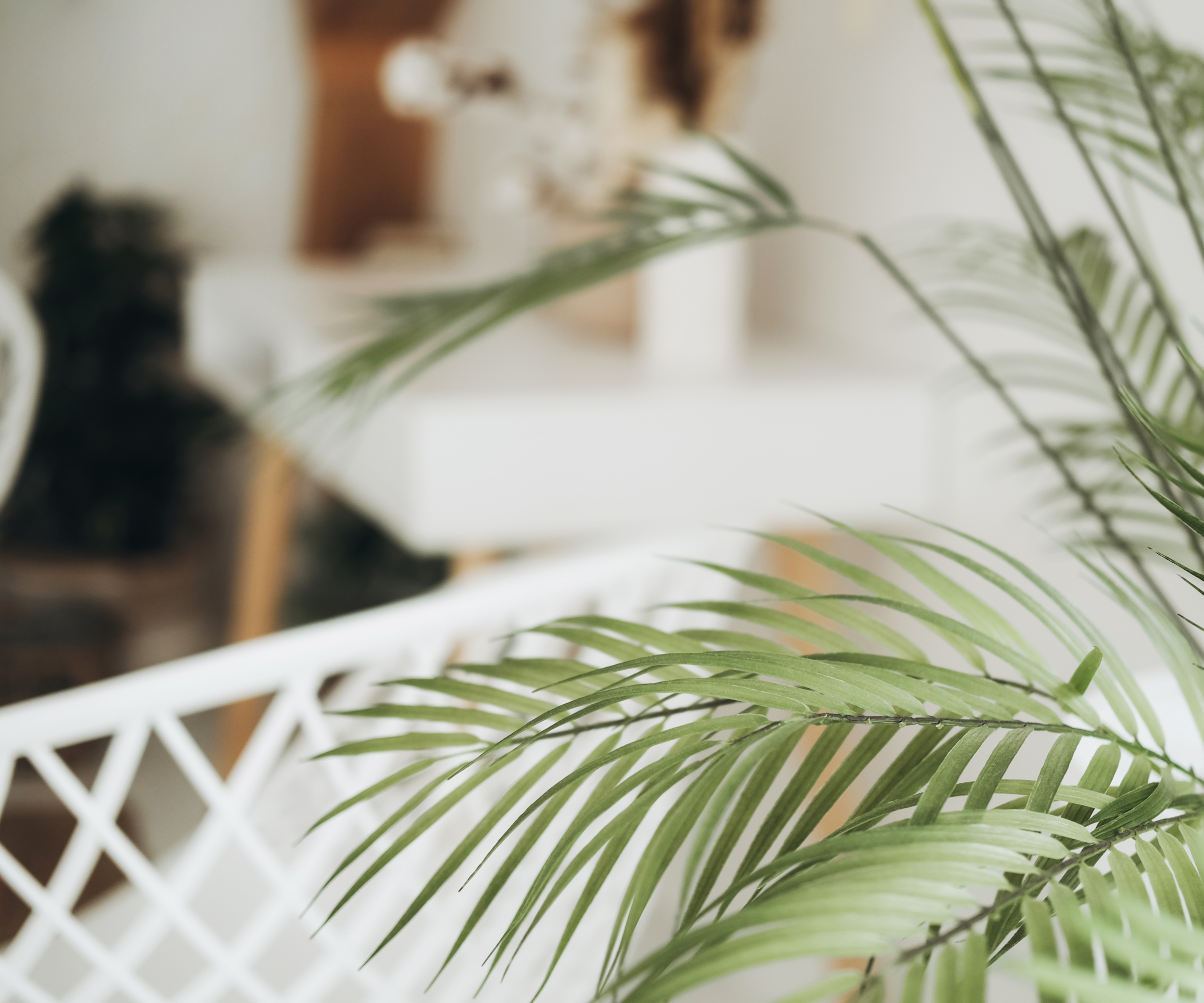
Bamboo palm is generally resistant to pests and diseases, but it can occasionally be attacked by sap-sucking insects, such as aphids, mealybugs, or scale. These insects can create yellow or white spots on the leaves and reduce the plant’s vigor.
To control them, you can hand-pick them off the plant, or spray them with neem oil spray, such as this one from Amazon. You can also prevent pests and diseases by keeping the plant clean, well-watered, and well-ventilated.
By incorporating these tips as part of your overall bamboo palm care, you will be able to grow and maintain a healthy plant. One bonus tip is by rotating your bamboo palm periodically will help better ensure even growth and prevent leaning.







